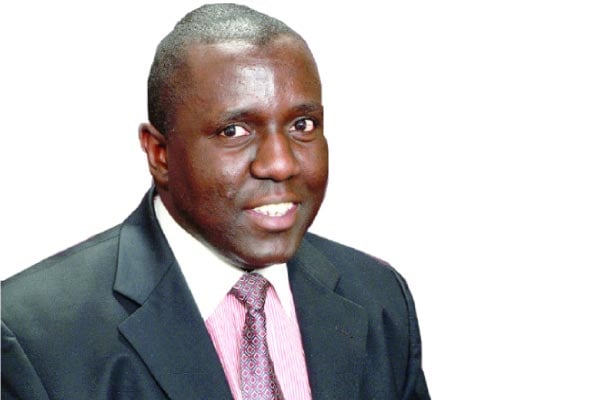Prime
Roads versus the coffee sector; two tales of Uganda’s economic devt story

Author: Karoli Ssemogerere. PHOTO/FILE
What you need to know:
- Fighting coffee due to lack of political awareness was NRM’s biggest mistake for which it has paid dearly. Waking up now has been a positive narrative.
In 1986, Uganda had roughly 1,900km of paved roads. In 2024, 40 years later, Uganda counted some 20,000km of paved roads, a 10-fold achievement.
The road maintenance backlog in Kampala, the capital, is 2,100km of paved roads. In 1986, Uganda exported coffee worth $400 million (worth $1.126 billion in today’s dollars).
Even though the economy generally had collapsed, the machinery of government was still running. Inflation was sky-high and Uganda was navigating through instability and a long spell of famine in 1984 and 1985.
In 2022/2023, Uganda recorded $918 million worth of coffee exports, a 10 percent drop from the 1986 high.
Rolling out a national roads network has been a major narrative of Uganda’s economic strategy shifting from agro-industrialisation and poverty alleviation in the 1990s.
Some of the poverty alleviation projects like PAPSCA, or Entandikwa were so modest, entrants would be enlisted for what turned out to be political handouts at election time. The infrastructure narrative spelled out that the further paved surfaces reached, so would the stimulus of economic activities.
Unfortunately, the story is that most of the road development funds were externalized to foreign contractors and left the country. Many roads are in place, but the shiny bitumen surfaces are used for drying maize and other food crops in the dry season.
The story of coffee is another one. Vagaries of disease, weather, and global forces forced Uganda to retrench from coffee production.
In 1990, Uganda actually exported $1 billion worth of coffee or $2.35 billion worth of coffee today on account of frosty weather conditions in Brazil. Flush with cash, the Treasury announced a Coffee stabilisation fund, that was emptied as soon as it filled. On the political front there were so many other priorities including the impending invasion of Rwanda and acquisition of military hardware. The war in the north ate a lot into these receipts until the government realized a political solution was urgent and necessary to end this war.
Fast forward to this day, the government is shifting gears sharply in these sectors. An excellent road network is in place, mostly upcountry, while the hives of economic activity, the Kampala metro-region and the main transport arteries, including the international highway- Tororo-Katuna border are facing pavement collapse. The long awaited Kampala-Jinja expressway awaits compensation of projected affected persons. Poor planning, demobilisation and sale of road maintenance units under the public works department have made road maintenance a nightmare. God has also been around to punish us with floods for abusing wetlands. There is an urgent need to articulate a 50 year strategy to mobilise resources for upgrading and maintenance. In 2050, Uganda will have more than 100 million people. Absent rail and other supports, the entire country will be bogged down on an incomprehensible and tattered road network.
For coffee, eat your cake now, invest more in protecting coffee farmers from the excesses of climate change. By foregoing supply taxes like VAT, and producing more inputs locally [as opposed to allowing everyone to import at great cost]; farmers stand a chance of doubling or even tripling their wealth producing a crop that has a certain market. And alongside coffee, the government must continue to support complementary crops especially in the more fertile areas, cocoa as well as exploring profitable branding and a capital investment strategy into major coffee houses by purchasing stock. Yes if need be, Uganda should be acquiring stock in major coffee houses like Nestle, Procter & Gamble etc.
Our high caffeine robusta coffee is the deodorant that makes the cheaper, low altitude coffees palatable. Fighting coffee due to lack of political awareness was NRM’s biggest mistake for which it has paid dearly. Waking up now has been a positive narrative.
In just 10 years, coffee exports recovered from $210 million to $918 million or nearly five-fold. And so the two campaign slogans continue to compete for space, both in Luganda, “tuzimbye enguudo”; “emmwanyi terimba” .
Mr Ssemogerere is an Attorney-At-Law and an Advocate. [email protected]




